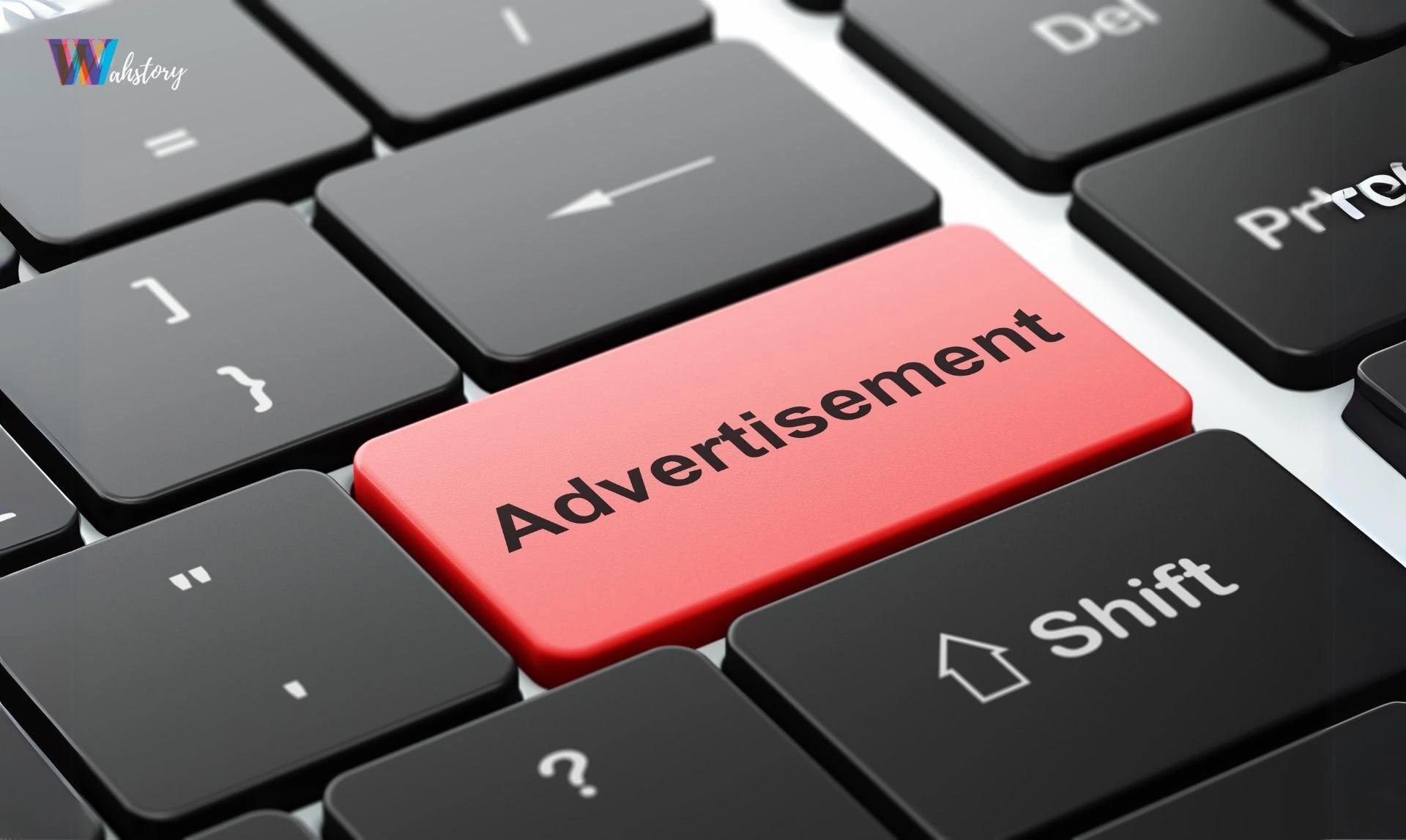The world of
advertising is evolving at an unprecedented pace, driven by technological
advancements, shifting consumer behaviors, and an ever-growing digital
landscape. As we step into 2025, brands must stay ahead of the curve to
maintain relevance and engagement in an increasingly competitive marketplace.
Several key trends are set to redefine advertising, making it more immersive,
personalized, and data-driven than ever before.
Artificial
Intelligence (AI) and Machine Learning
One of the most
significant trends shaping the future of advertising is the rise of artificial
intelligence (AI) and machine learning. AI-driven marketing strategies are
becoming more sophisticated, allowing brands to analyze consumer behavior,
predict preferences, and deliver hyper-personalized ads. Chatbots, AI-powered
content creation, and automated customer interactions will enhance brand
communication, ensuring real-time engagement. Programmatic advertising, which
uses AI to automate ad buying, will continue to dominate, making ad placements
more efficient and cost-effective.
Video Content
Another game-changing
trend is the increasing dominance of short-form video content. Platforms like
TikTok, Instagram Reels, and YouTube Shorts have transformed the way consumers
engage with content. In 2025, brands will need to create visually captivating,
bite-sized videos that capture attention within seconds. Live streaming and
interactive video ads will further enhance consumer engagement, allowing brands
to build stronger connections with their audiences.
Metaverse and Virtual
Reality (VR)
The metaverse and
virtual reality (VR) are also set to revolutionize advertising. With tech
giants investing heavily in virtual spaces, brands will need to explore
immersive experiences to engage consumers. Virtual storefronts, branded digital
assets, and interactive 3D ads will become more common. As VR and augmented
reality (AR) technologies become more accessible, brands can create unique
experiences that blur the lines between the physical and digital worlds.
Voice search and smart
assistants are reshaping the way consumers find and interact with brands. With
the growing popularity of devices like Amazon Alexa, Google Assistant, and
Apple’s Siri, optimizing content for voice search will be crucial. Advertisers
will need to focus on conversational marketing, crafting ads that align with
natural language queries and delivering audio-based content to reach consumers
through voice-driven platforms.
Sustainability and
Ethical Advertising
Sustainability and
ethical advertising will play a more prominent role in 2025. Consumers are
becoming increasingly conscious of brands' environmental and social impact.
Companies that embrace transparency, authenticity, and eco-friendly practices
in their marketing campaigns will gain a competitive edge. Green advertising,
social responsibility campaigns, and purpose-driven storytelling will resonate
more with audiences who value ethical business practices.
Also Read : 8 Highly Effective Marketing Tactics Anyone Can Use to Drive Success
Lastly, first-party
data and privacy-focused advertising will take center stage. With increasing
restrictions on third-party cookies and data privacy concerns, brands must
shift towards collecting and utilizing first-party data effectively. This means
leveraging customer loyalty programs, interactive experiences, and direct
engagement strategies to gather insights ethically. Contextual advertising,
which delivers ads based on the content a user is consuming rather than
personal data, will also see a resurgence.
Advertising in 2025
will be defined by technology, personalization, and ethical engagement. Brands
that embrace AI, video content, immersive experiences, and privacy-first
strategies will stand out in an increasingly competitive digital landscape. By staying
ahead of these trends, advertisers can create meaningful connections with their
audiences and drive long-term success in the evolving world of marketing.

